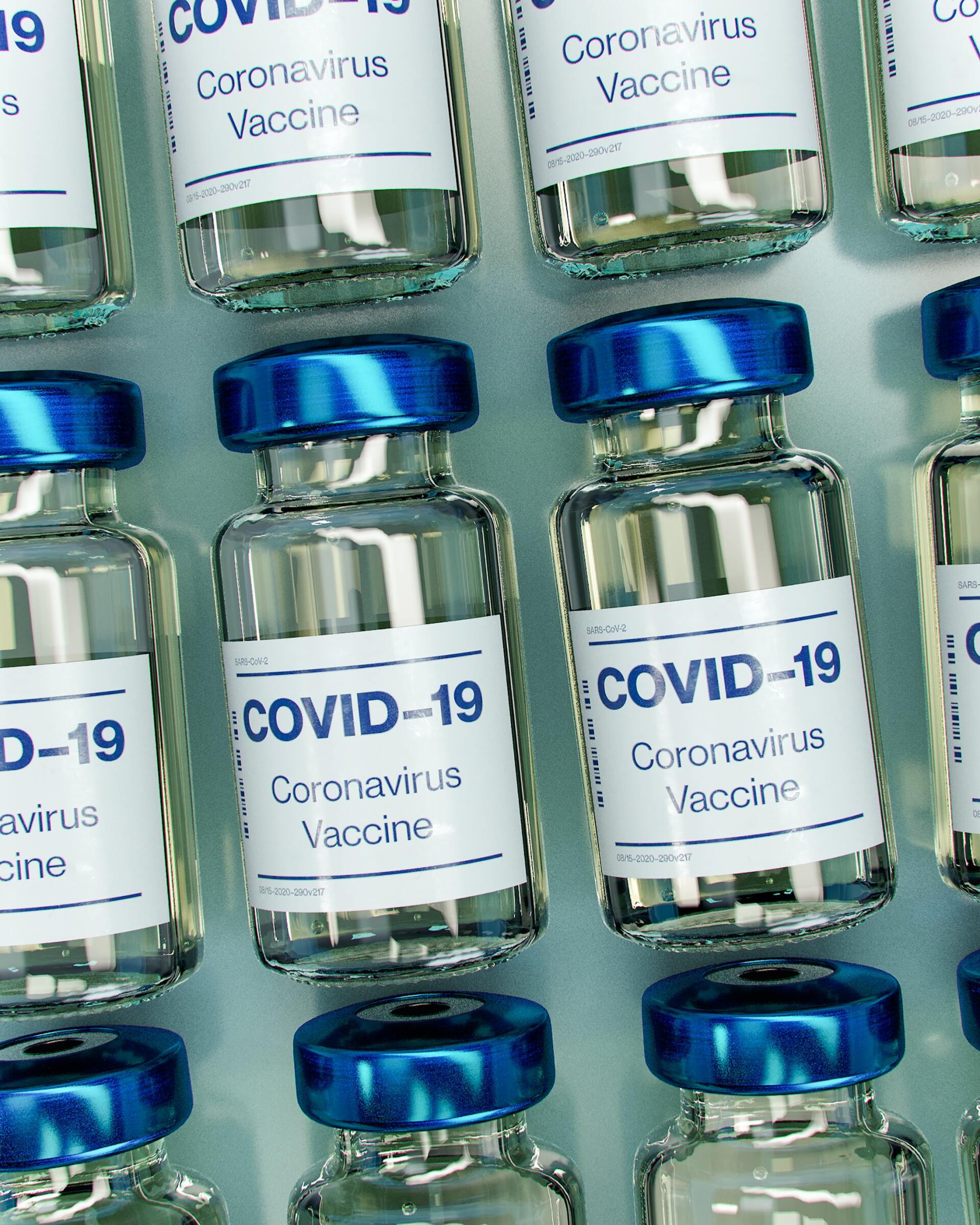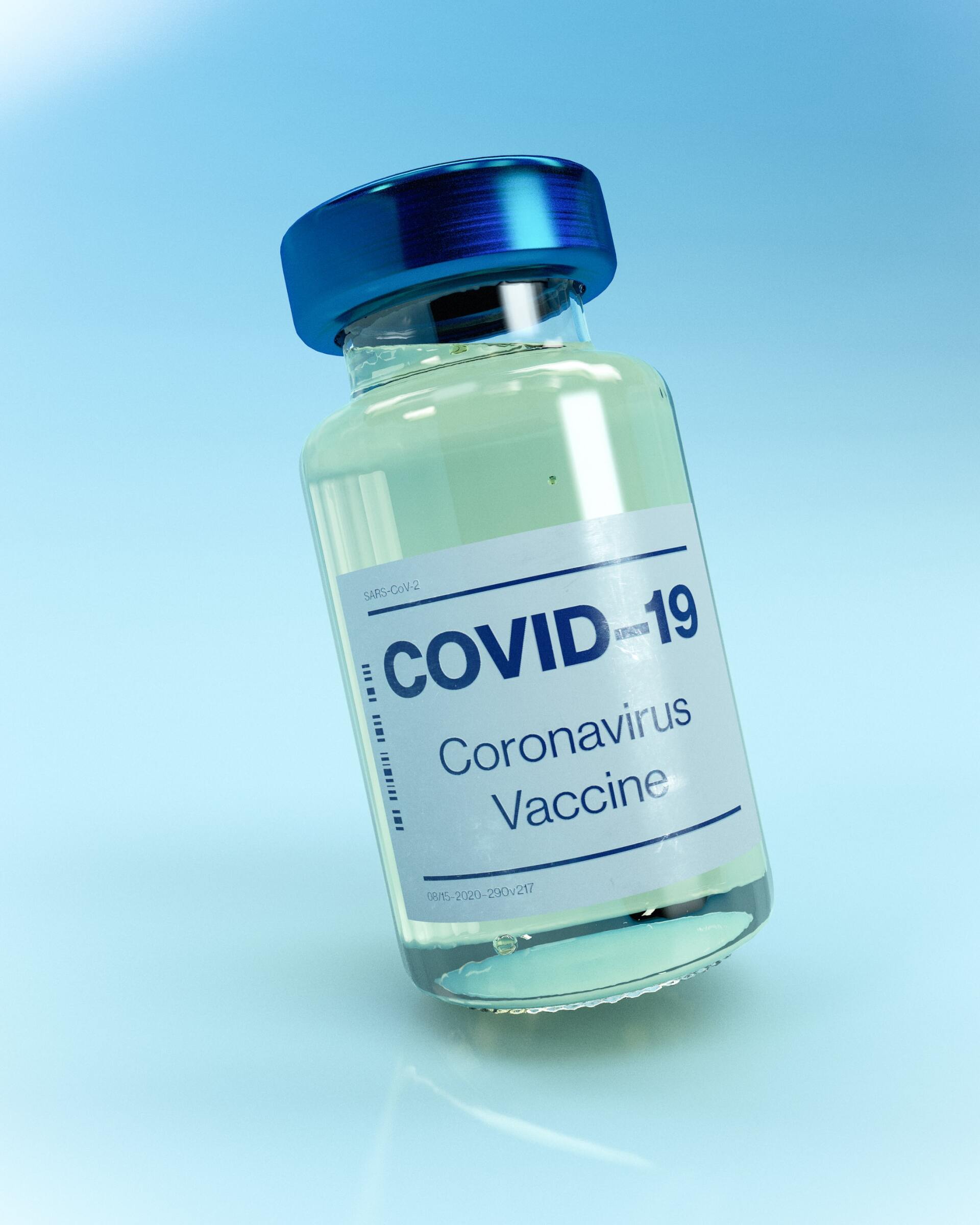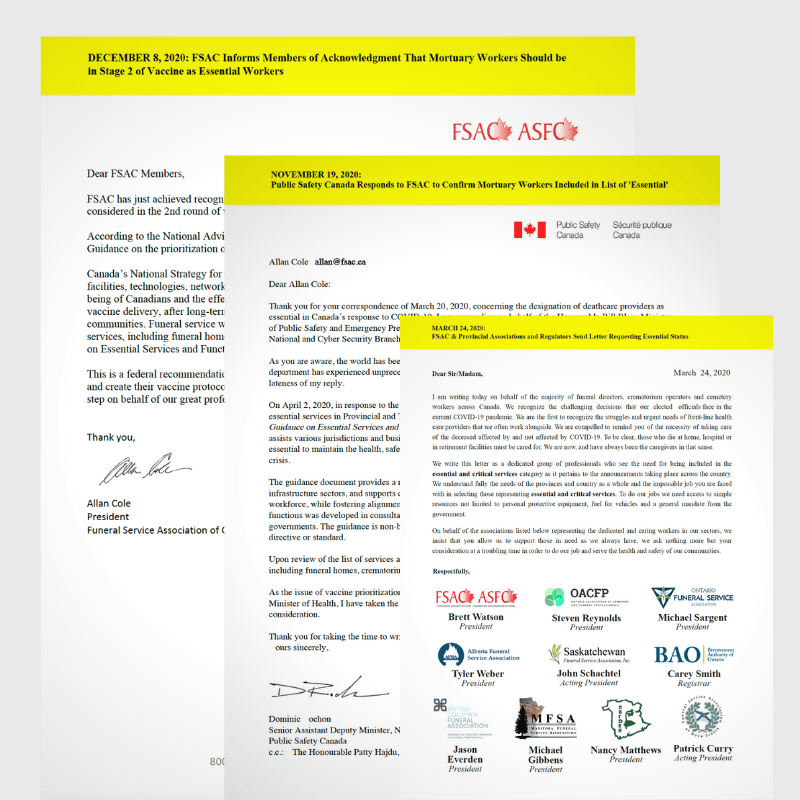Radiation Protection Guidelines for Safe Handling of Decedents Update
jgreen • March 15, 2019
Recently, FSAC updated members on a recent media release relating to the American Association of Physicists in Medicine and radiation protection guideline. We felt it was important to keep funeral service professionals informed about the latest unfolding news cycle in relation to the topic as the release has often been referenced to within Canadian media sources.
As members are aware, in Canada, Radiation Protection Guidelines for Safe Handling of Decedents provides guidance and recommended practices for minimizing radiation dose to death-care professionals and other members of the public who may encounter a decedent with residual nuclear substances from therapeutic medical procedures.
The CNSC does not regulate the safe handling of decedents. The CNSC publishes the Guidelines in accordance with its mandate to disseminate objective scientific and technical information. REGDOC-2.73 was also created in response to a growing number of requests from cancer treatment centres and death-care professionals for advice on handling decedents that contain nuclear substances. It does not purport to, and could not, regulate in this area, and readers are encouraged to consult applicable provincial law in this regard.
Legislation in Ontario and Saskatchewan prohibit cremation of human remains that have received radioactive implants.
Please refer to the most up-to-date information on the CNSC website.
L’ASFC élabore un « dossier de soutien à la vaccination » à l'intention des députés

Information on Coronavirus disease (COVID-19) / Mise à jour : Informations sur maladie à coronavirus
Information on Coronavirus disease (COVID-19)
FSAC Receives Acknowledgement of Priority Consideration for Vaccine

December 3 rd , 2020 Dr. Matthew Tunis Executive Secretary, National Advisory Committee on Immunization 130 Colonnade Road Ottawa, Ontario K1A 0K9 Dear Dr. Tunis, Throughout the COVID-19 pandemic, deathcare workers in Canada have worked alongside frontline healthcare workers to ensure that the deceased from the virus are safely dealt with. We have appreciated Health Canada’s and the Public Health Agency of Canada’s support with the provinces to ensure that our sector is supplied with personal protective equipment (PPE) and through other means. However, as news emerges of potential vaccines on the horizon, I am writing you regarding the priority sequence for vaccination. While we encourage frontline healthcare workers who deal with COVID-19 patients on a daily basis to be at the top of the list for vaccinations, we believe because of the risk that our sector takes on that deathcare workers should have priority over the general public. When an individual passes away from COVID-19, the responsibility falls to deathcare workers to ensure that the body is properly dealt with in a safe manner in order to not spread the disease further. Our workers attend the facilities in which the death occurred and interact with staff that have been directly exposed to the virus, which represents an increased risk to the individual. While deathcare workers have been specifically trained to minimize risk through procedural alterations and use of PPE, this does not remove the potential for infection completely. This is why we believe the federal government must work with its provincial counterparts in ensuring that deathcare workers are included in the list of priority for vaccination. The National Academies of Science Engineering and Medicine (NASEM) in the U.S. recently released their framework which included deathcare workers in the highest priority phase for vaccine allocation, and we believe Canada should follow suit. Should you have any questions, please feel free to reach me at info@fsac.ca . We understand that your office is preoccupied with this situation, and appreciate any time you can give to considering our members. Thank you, Allan Cole President Funeral Service Association of Canada 800-1730 boul. St. Laurent Blvd., Ottawa, ON K1G 3Y7 613-505-0277 · info@fsac.ca · www.fsac.ca






